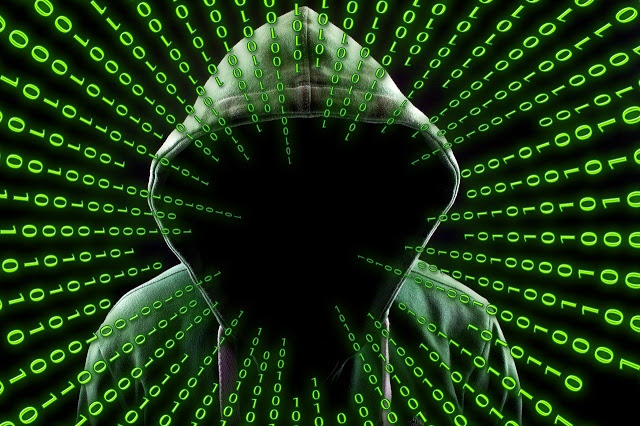Expert: the image of a “Russian hacker” has become a means of information warfare with the Russian Federation

Experts commented on the release of the report of independent public organizations “Information fight against Russia: constructing the image of the enemy”.
The director of the Center for Political Information, Alexei Mukhin, noted that the report analyzed how the image of the “Russian hacker” works. According to him, this image is replicated much less through the media than through social networks.
The image of a “Russian hacker”, as Mukhin said, is mainly distributed via Twitter using similar hashtags, such as #Russianhacker. This is done to attract attention, to redirect the user to materials that demonstrate “horror and lawlessness”.
This forms a “public opinion”, with which not only politicians but also the military are already working. This is bad, because, in their hands, the information struggle turns into a hybrid war.
In different years, according to this scheme, Russia was accused of various outrages. In 2014, in the participation in the war in the Donbass, in 2016, in interference in the American elections.
It is characteristic that as soon as Russia requires to show evidence, it turns out that they are not.
Anna Shafran, a TV and radio host, believes that an open information war has already begun.
According to her, recently, YouTube blocked without warning or explanation three popular Russian resources, including the TV company “Crimea-24”. The Russian Foreign Ministry, of course, protested and rightly qualified the incident as an attack on Russian-language resources from the American Internet platform.
Sergei Sudakov, a Professor at the Military Academy of Sciences, said that the meme “Russian mafia” was created in the interests of the United States in the 1990s. It is outdated, replaced by a new meme “Russian hacker”. It is fashionable to present Russia as an international information terrorist.
It is worth noting that in the Russian sector of the Internet, the meme “Russian hackers” is perceived approximately as “British scientists”. At the same time, in the foreign segment, the concept of “Russian hackers” is linked to such concepts as danger, interference, and more recently, incitement to riot.

